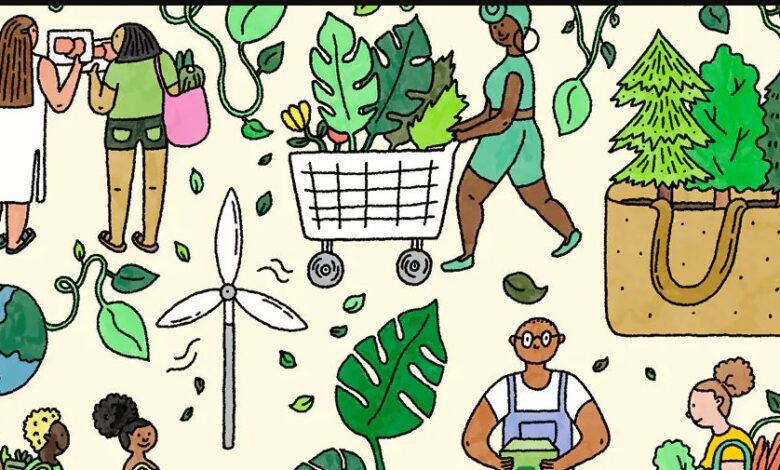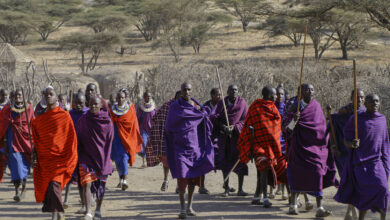The Rise of Eco-Friendly Food Production and Distribution

Introduction
- Definition of Eco-friendly food production and distribution
- The need for eco-friendly food production and distribution
Sustainable Agriculture and Food Production
- The importance of sustainable agriculture
- Eco-friendly farming practices
- Organic farming
- Benefits of eco-friendly food production
Sustainable Food Packaging
- The impact of non-biodegradable packaging
- Eco-friendly packaging materials
- Biodegradable packaging alternatives
- Benefits of eco-friendly packaging
Eco-Friendly Food Distribution
- Reducing the carbon footprint in food transportation
- Local sourcing and distribution
- Community-supported agriculture
- Benefits of eco-friendly food distribution
Sustainable Food Consumption
- The importance of sustainable food choices
- Plant-based diets
- Reducing food waste
- Benefits of sustainable food consumption
The Role of Technology in Eco-Friendly Food Production and Distribution
- Smart farming techniques
- Food traceability and transparency
- Sustainable logistics and transportation
- Benefits of technology in eco-friendly food production and distribution
Government Policies and Regulations
- Government initiatives to promote eco-friendly food production and distribution
- Regulations and standards for sustainable food practices
- Encouraging sustainable food practices through policy
Business Practices and Corporate Social Responsibility
- The importance of corporate social responsibility
- Sustainable supply chain management
- The impact of eco-friendly business practices
- Benefits of corporate social responsibility in food production and Distribution
Challenges and Opportunities in Eco-Friendly Food Production and Distribution
- Overcoming Challenges to sustainable food production and Distribution
- Opportunities for innovation and growth in the eco-friendly food industry
- Collaboration and partnership for sustainable food production and distribution
The world is waking up to the importance of sustainable living, and food production and distribution is no exception. Eco-friendly food production and distribution refer to the practice of using sustainable methods and materials in the entire food chain, from farming to consumption. The demand for eco-friendly food production and distribution is increasing as people become more aware of the impact of food production on the environment and their health.
Sustainable agriculture and food production are crucial components of eco-friendly food production and distribution. Sustainable agriculture is a farming practice that focuses on protecting the environment, reducing pollution, and conserving natural resources. Eco-friendly farming practices include crop rotation, using natural fertilizers, and avoiding harmful pesticides and herbicides. Organic farming is also an eco-friendly farming practice that promotes biodiversity, soil health, and environmental sustainability.
Eco-friendly food packaging is another important aspect of eco-friendly food production and distribution. Non-biodegradable packaging materials contribute to landfills and pollution. Eco-friendly packaging materials, such as biodegradable plastics, paper, and bamboo, are sustainable alternatives that reduce the environmental impact of food packaging. Biodegradable packaging materials break down naturally and do not harm the environment.
Eco-friendly food distribution also plays a significant role in reducing the environmental impact of food production. Reducing the carbon footprint of food transportation can be achieved by local sourcing and distribution, community-supported agriculture, and reducing food waste. By sourcing food locally, we reduce the amount of energy used in transportation and support local farmers. Community-supported agriculture involves a direct partnership between



